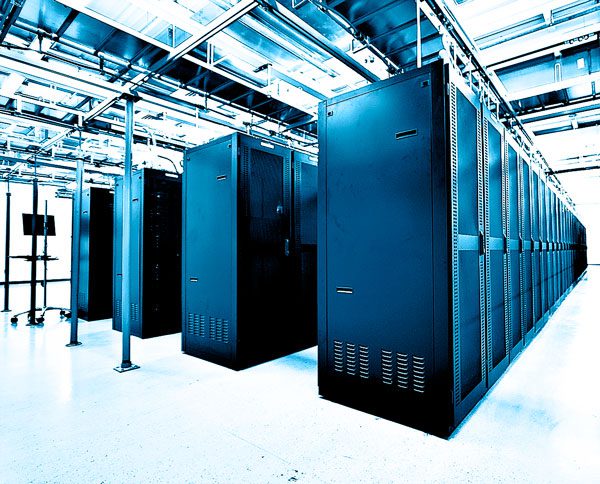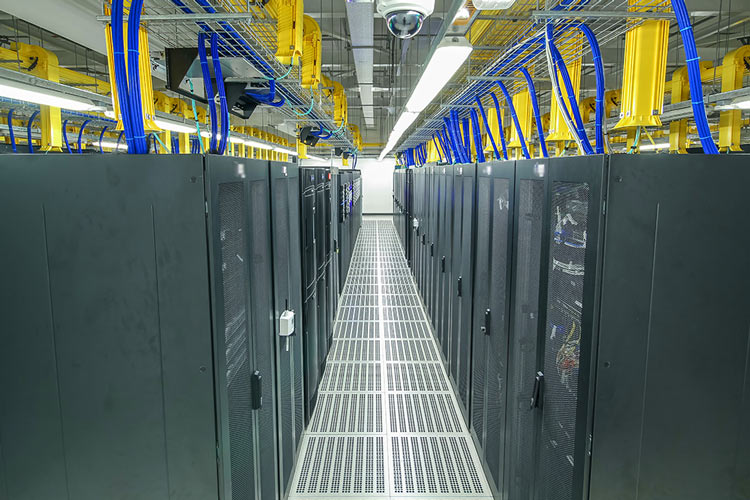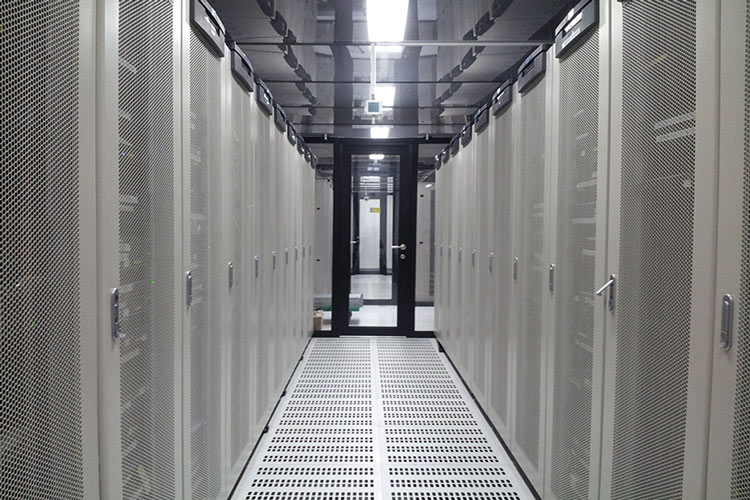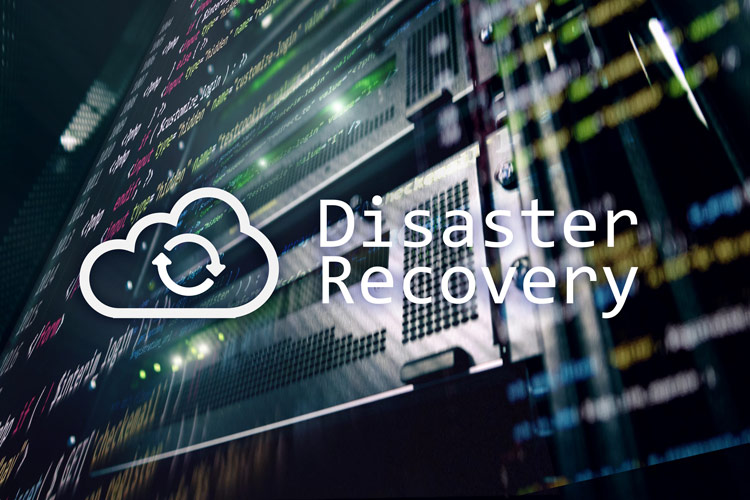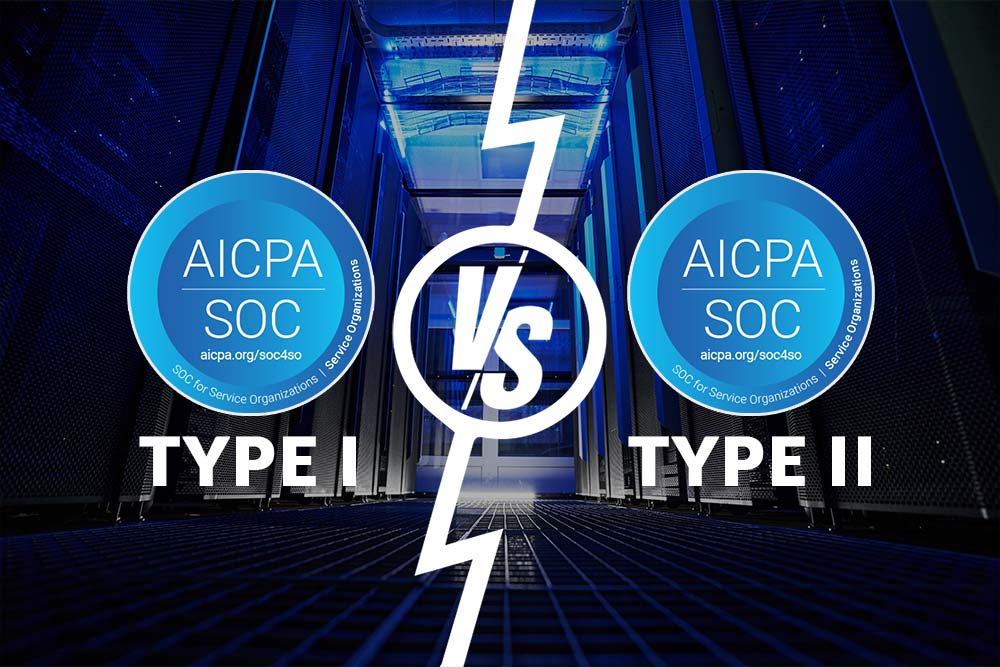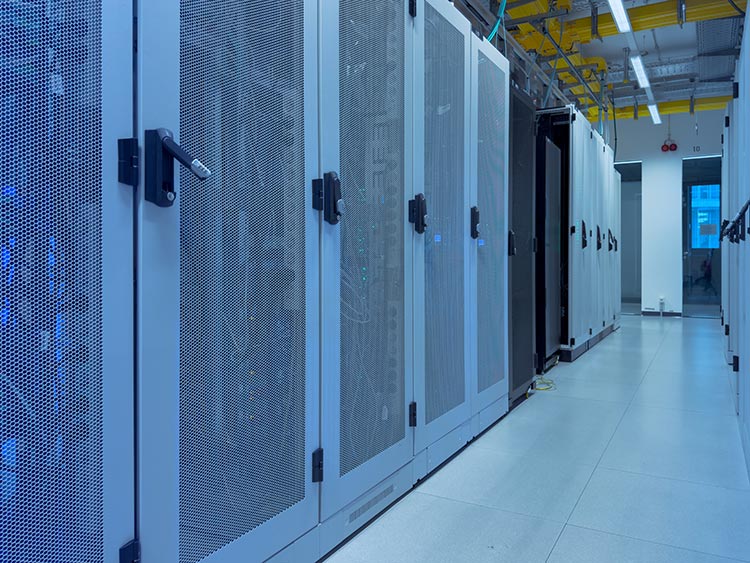Businesses deciding between operating internal data centers and leasing external servers have a third choice — colocation. Colocation center solutions provide professional server rooms to house your own equipment. However, not all data centers are the same. When shopping for a colocation center, it’s essential to rate candidates based on six key evaluation points.
Data Center Colocation
Uptime Service Level Agreements
Server access is critical and even a short interruption can have astronomical costs. Many colocation center providers offer their clients a 100% uptime guarantee, and nothing less is acceptable in today’s environment.
Reliable network connections are essential for full access. A colocation center uses multiple ISPs and multiple WAN connections to create a reliable network that remains operational through high network traffic or physical damage to the connections.
Software changes can lead to downtime. Administrators regularly modify server configurations, install security patches, or upgrade software. If these tasks are performed incorrectly, they lead to system crashes. A colocation center has experienced personnel who understand how to maintain network software safely.
Power Management
Data centers are at the mercy of utility companies. Brownouts and blackouts can cause servers to shut down unexpectedly leading to downtime and data corruption. IT departments use uninterruptible power supplies (UPSs) to compensate but their role is not to keep servers functioning, but to allow systems to shut down cleanly.
A colocation center employs onsite generators to keep equipment running during long power interruptions. Multiple generators make the power even more reliable. Purchase and maintenance of generators isn’t affordable for most businesses, so internal data centers will always be at risk of power interruption.
Protecting The Data
Data centers use software and hardware tools to protect the systems from network intrusion or malware, but the best protection is also the most expensive and out of reach of many organizations. Colocation centers use economies of scale to make the most effective applications affordable.
Computers are more at risk from physical intrusion than network hazards, yet many companies spend little on physical security. Colocation center facilities use surveillance cameras, physical barriers and professional security personnel to prevent unqualified personnel access to the data. A colocation center is like a bank; it provides a level of security that isn’t practical for most companies to afford.
Fire And Natural Disasters
Fire is a leading physical danger to IT equipment, but systems designed to protect people and buildings aren’t effective in data centers. By the time standard smoke detectors sound, delicate hard drives are damaged and information is lost. Fire suppression systems not designed for electronics do more damage than the fire. Colocation center providers combine cutting edge smoke detection with specialized fire suppression equipment.
Natural disasters such as floods and earthquakes threaten data centers. Insurance covers equipment but it won’t reimburse a company for lost business and reputation when data is destroyed. Colocation centers employ an array of safeguards to protect equipment from damage even during serious disasters.
Green Server Rooms
Data centers use about 8% of all power generated. Much of this is for cooling because internal data centers are often retrofit into buildings not designed for servers. Server rooms use inefficient supplementary cooling to keep equipment within accepted operating temperatures. The new generation of blade servers may push server room cooling beyond its limits.
Colocation centers designed to house server farms are structured to deliver maximum cooling for minimum energy. Construction of the data centers and HVAC systems ensures no cooling is wasted in irrelevant areas. This allows low cost cooling and also keeps equipment at optimal temperature for efficient and long-lasting operation.
High Quality IT Staff
Data centers are only as good as the people running them. Many organizations don’t know how to find good IT staff and hire unqualified applicants. It is expensive to employ staff around the clock, yet computers never sleep. On-call administrators handle problems but often only after a long delay.
Colocation managed services offer access to experienced IT teams that would be impossible to afford otherwise. Colocation center managers hire outstanding candidates, and have enough people on duty at all times to respond to problems 24x7x365.
When evaluating these types of facilities, look for SAS 70 certified organizations. The SAS 70 certified companies demonstrate an exceptional commitment to quality and reliability and have been audited by a third party to prove it. Everybody says they are the best, but SAS 70 certified companies have proof.
It is no longer realistic for companies to manage their own data centers. Colocation center solutions are typically less expensive than internal operations and offer a level of professionalism and security few companies can manage.

